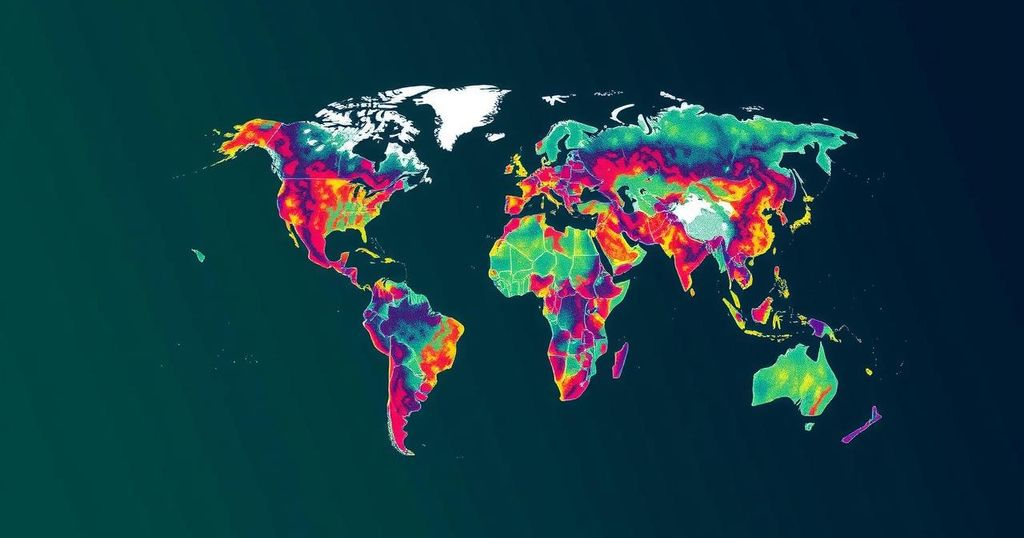Artificial intelligence is enhancing climate models used at COP29 in Baku, leading to more accurate climate change predictions. These advancements will aid policymakers in formulating effective strategies to address climate challenges by improving the models that forecast climate scenarios and assess mitigation costs.
Artificial intelligence (AI) is becoming instrumental in enhancing climate models, which are utilized for understanding and predicting climate change and its implications. At the ongoing COP29 climate conference in Baku, Azerbaijan, discussions are heavily influenced by these computer models that forecast climate scenarios and assess the economic impacts of potential mitigation strategies. By improving the accuracy of these models, AI is poised to contribute significantly to informed policy decisions on climate action globally.
The use of climate models is fundamental in understanding the complexities of climate change and in projecting future impacts. These models simulate various scenarios, including environmental changes and the effectiveness of responses to mitigate climate effects. With advancements in AI technology, there is an increasing potential for greater accuracy and reliability in these climate models, which can ultimately guide policymakers in developing effective strategies to combat climate issues.
In conclusion, AI’s integration into climate modeling represents a significant advancement in environmental science. By facilitating more precise predictions of climate change and its economic ramifications, AI can empower policymakers to make better-informed decisions. As discussions progress at COP29, the role of enhanced climate models powered by AI will become increasingly vital to achieving sustainable environmental practices and policies.
Original Source: www.economist.com






